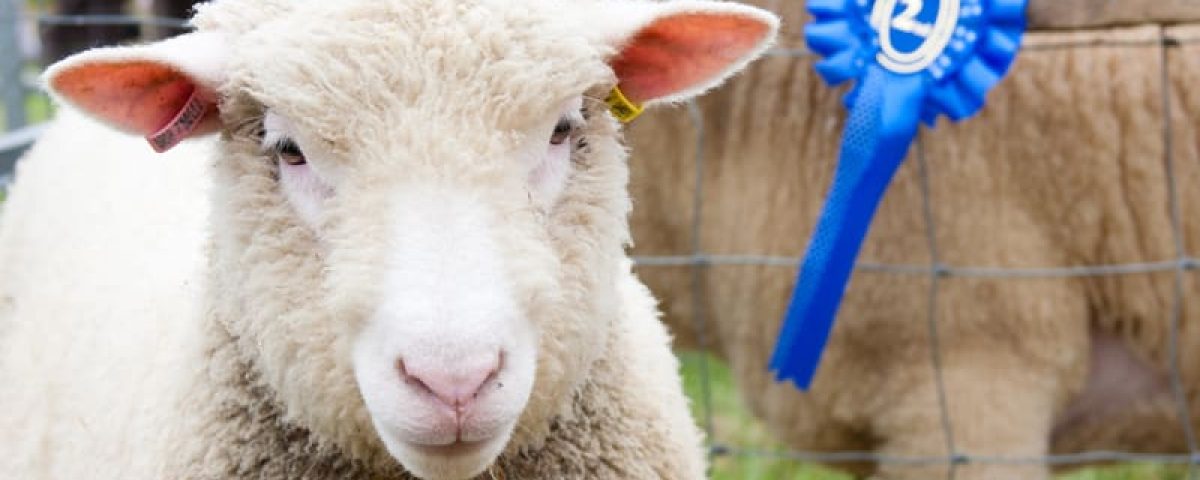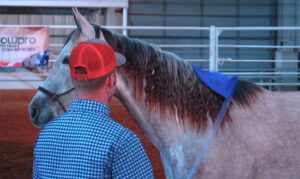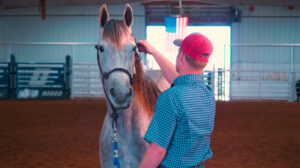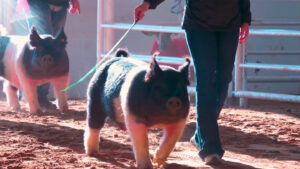Have you found that your nerves are on edge when you participate in stock shows? Being in front of a crowd, especially one that is going to judge you, can be a lot to shoulder. If you’re nervous before a show, just think about what your animal probably goes through. They are also in an unfamiliar environment with loud noises and strangers looking at them. No matter how much you think you’ve prepared for a show, the stress is real, and it can affect your experience. Here are several ways to reduce your show animal’s stress so that it’s a more enjoyable event for everyone involved.
Have a Routine and Stick to It
Most human beings find comfort in a routine. So do your show animals. You can reduce your animal’s stress by sticking to the home routine that has given them comfort in the past. If you feed and groom them at a certain time, continue to do so at the show. Also, use the same type of bedding that you use at home if this permitted.
Introduce the Animal to the Ring in Advance
Things can get loud, chaotic, and intimidating once show day rolls around. When you arrive at the show location, introduce your animal to the show ring while things are still quiet and calm. If you are showing a calf or lamb, practice leading and setting up your animal in the ring. If you’re showing a hog, you can ask to exercise the animal in the ring so that they become used to their surroundings.
Keep Your Animals Healthy
When you have show animals, it’s important that you invest the time and expense into their health. Not only do your animals need the right kind and amount of feed, but they also need to be kept in the right conditions to prevent disease. Some common diseases across multiple species include tuberculosis, ringworm, pinkeye, and Clostridium. You can prevent disease with the right kind of feed, supplements, and a clean environment.
Avoid Heat Stress
If you live in a climate that can be even slightly warm, it’s important that you understand how heat stress can affect your show animals. The comfort zone for your animal depends on such factors as its age and breed. When an animal is suffering from heat stress, they will exhibit different behavior and could even die in extreme conditions. Heat stress can cause an animal to eat less, lose weight, and fail to reproduce.
Depending on the animal, signs of heat stress may include animals bunching or seeking shade. They may also excessively salivate or foam at the mouth, breathe with their mouth open, tremble, and lack coordination. If animals have any prior health issues, this could put them at greater risk for heat stress.
When the heat index is above 100 degrees, it’s time to start paying attention to potential heat stress issues. Keep animals shaded and give them plenty of water. Make sure they are in a well-ventilated area and avoid overworking them as much as possible.
When you show animals, winning is a plus, but it’s never the top priority. Having a low-stress and fun encounter at the show should be your objective, which is easy enough to achieve with these tips. The positive experience that you’ll have, the lessons you will learn, the people you’ll meet, and the stronger bond that you will form with your animal are the real prize from being involved in these events.





